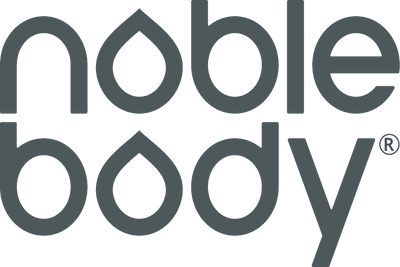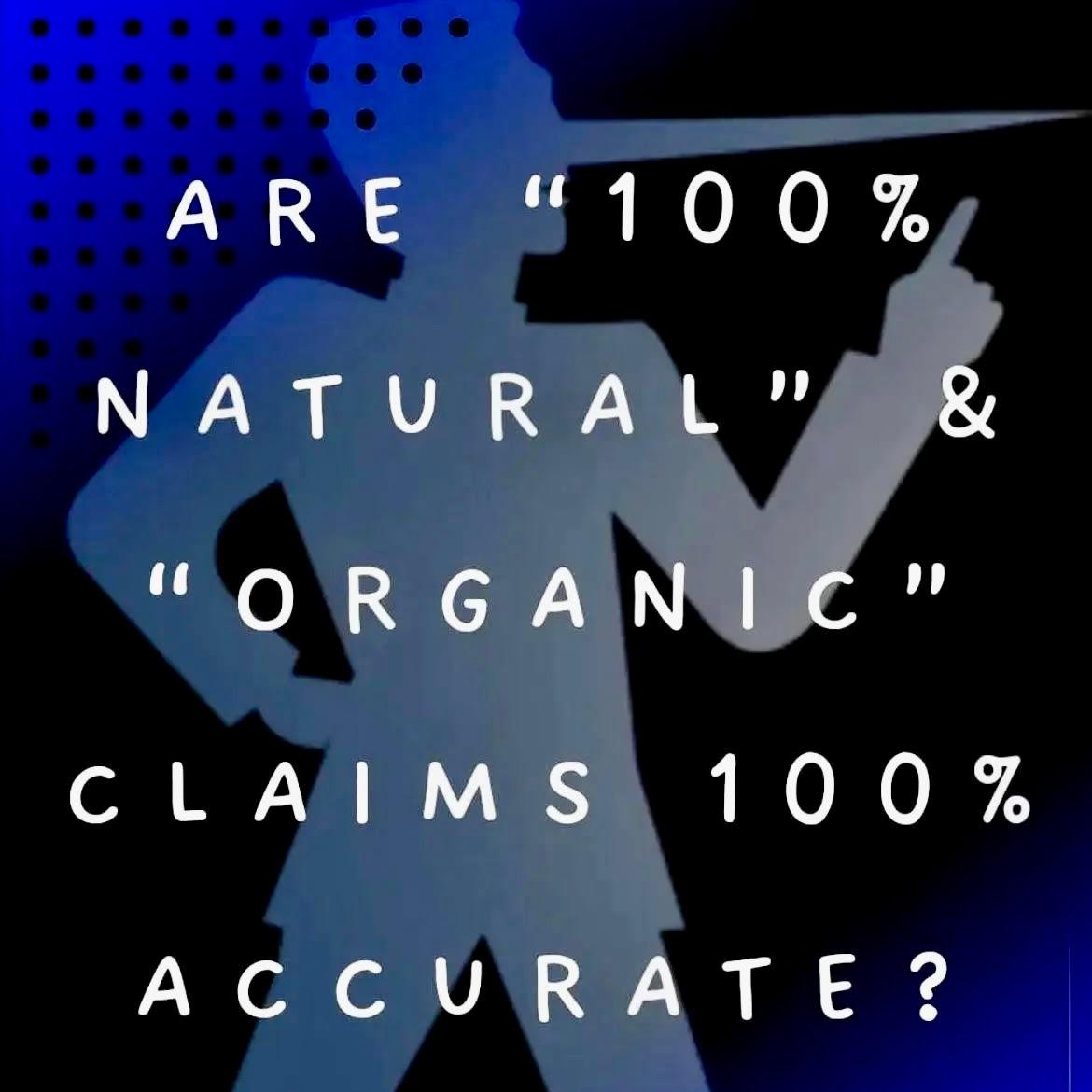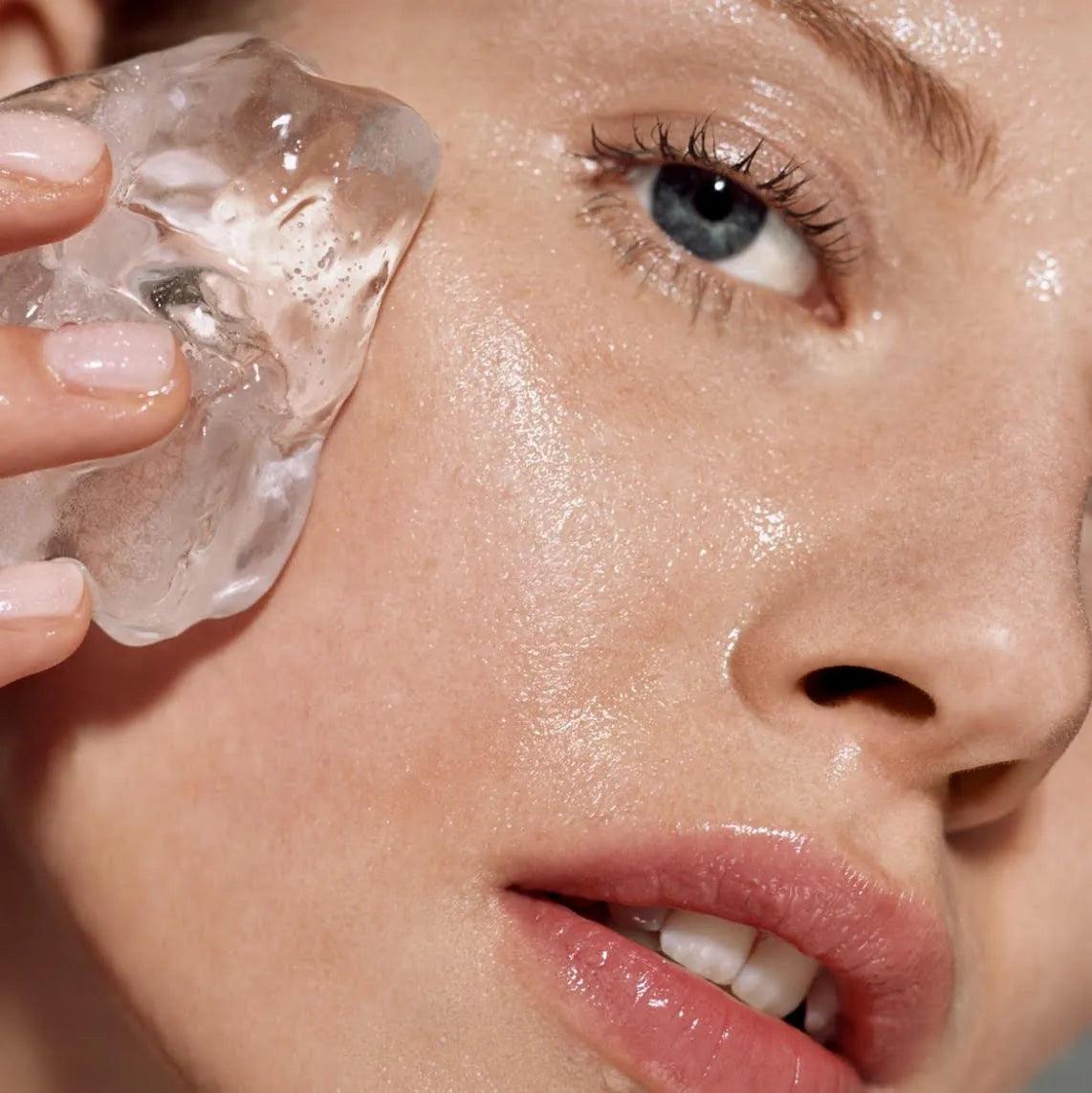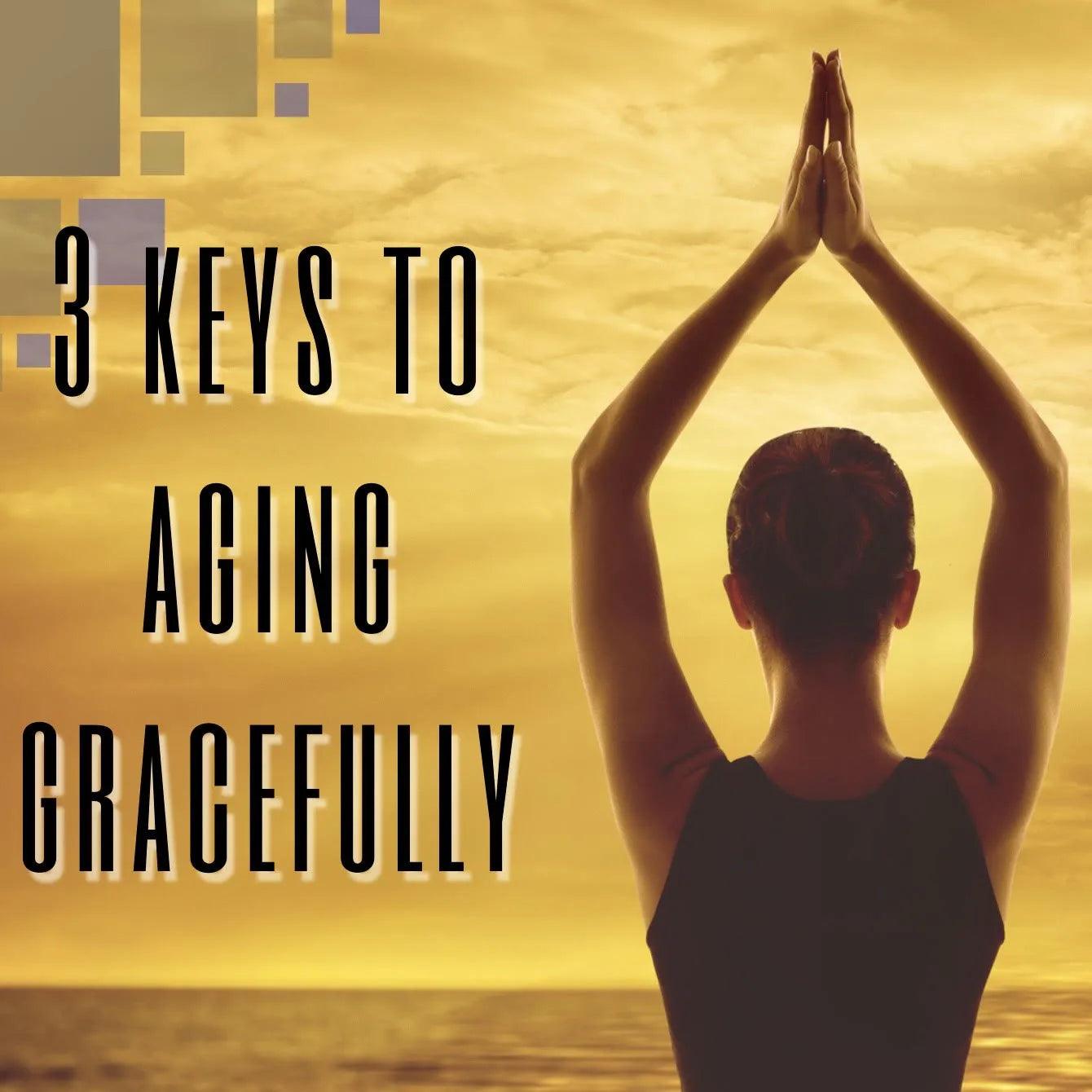In Cosmetics, beauty, and personal care products, what do “Natural” and “Organic” really mean?
Can We Always Trust these Natural and Organic Claims?
Many questions arise in the cosmetics, personal care, and beauty industry with “Natural” and “Organic” claims made by cosmetics companies.
Since consumers are more aware of MANY harmful products and ingredients, products labeled natural and organic are much more common and desired.
- But can these All-Natural and Organic claims be trusted?
- What do these terms really mean when describing a cosmetic or beauty product?
- Is an organic product or ingredient the same as natural ones?
- Is one somehow better than the other, or does it make no difference?
These are all legitimate questions with some tricky answers for consumers.
In the Natural vs Synthetic debate, I like to use this simple example:
Snake venom, cow dung, and poison ivy are 100% natural, but that doesn’t mean I want to rub them all over my face. That’s the extreme, but it helps to frame the issue before we dive in.
So here’s a simple roadmap to navigate the “all-natural” and “organic” minefield.

So what do Natural and Organic mean?
In the cosmetics context, natural means as close as possible to a RAW plant/botanical, mineral, or animal source.
On the flip-side, synthetic or artificial would mean man-made in a laboratory and requiring considerable manufacturing or processing.
So, applying some basic logic, “natural” means as close to its natural, raw form as possible.
“Organic” is a defined and highly-regulated standard (see below) and Organic and Natural products and ingredients are not always synonymous.
Remember that everything is a chemical.
Pure (“natural”) Myrrh oil is just as much a chemical as a laboratory-produced silicone like dimethicone or preservative like phenoxyethanol.
The distinction is whether they’re directly from nature, or man-made artificial/synthetic.
Also remember that even purely-natural ingredients require processing or refining to make them usable in cosmetics manufacturing:
- Coconut oil requires processing from raw coconuts.
- Essential oils require distillation to convert the raw compounds to liquid and get them into bottles.
- Kukui nut oil doesn’t magically flow out of Kukui nuts, it requires processing and refining to get into your shampoo or moisturizer
- Squalane comes in many forms and must be processed from its source materials, which may be from plants or some animals before it goes in your hair or skincare products.
And these examples are numerous…

Also note the term “naturally-derived.” Manufacturers have developed advanced methods to extract specific molecules, botanicals, and other compounds from their natural sources.
There are many, but here’s a few examples:
- Caprylic Capric triglycerides is a fantastic ingredient and ubiquitous in cosmetics. It’s two molecules that are isolated from pure coconut oil.
- All terpenes used in cosmetics and foods need to be isolated from diverse botanical materials.
- An ingredient called “Ecosil” that I LOVE is two compounds (hydrogenated ethylhexyl olivate and hydrogenated olive oil unsaponifiables) that are naturally-derived from pure olive oil.
- Phytocide Elderberry is a FANTASTIC (and natural) anti-microbial that’s derived/isolated from elderberries.
How are These Terms Legally Defined?
Natural or All-Natural
Legally, calling products or ingredients natural does not mean much, because natural is not defined or regulated by any governing body such as the FDA, USDA, or EU.
Since there is no defined standard, it’s a free-for-all left up to the integrity of the companies making the claims. (Or LACK of integrity!).
One exception to this lack of a defined “natural” standard is the FTC (Federal Trade Commission). The FTC WILL charge companies that misrepresent their products as being natural when they contain obviously synthetic ingredients like silicones and preservatives.

Here are four recent examples where companies made deceptive “natural” claims about their products:
https://www.ftc.gov/business-guidance/blog/2016/04/are-your-all-natural-claims-all-accurate
In these actions the FTC said:
“All natural’ or ‘100% natural’ means just that – no artificial ingredients or chemicals.”
So, there is SOME guidance and it’s based on common sense. (BUT, remember that EVERYTHING in cosmetics is a chemical whether natural or not, so even the FTC can use some guidance.)
Last, a bill was introduced in Congress in late 2021 called the “Natural Cosmetics Act.” It’s bouncing around without going anywhere yet, but it may provide further guidance for producers and consumers.
https://www.congress.gov/bill/117th-congress/house-bill/5872/text?r=1&s=1
So, we do have some idea on the meaning of these terms, but it’s still far from clear and consumers need to pay attention to the CLAIMS, the related INGREDIENT LISTS, and the INTEGRITY of the companies.
And last, Natural does not always mean good and synthetic does not always mean bad.
ANY ingredient can cause a person to have an adverse or allergic reaction. It depends on many factors. There are many great (and non-harmful) synthetic cosmetic ingredients just as there are great natural ingredients.

Legal Definition of Organic
The term “organic” is a different animal. This term IS highly regulated by the United States Department of Agriculture (USDA) under the “National Organic Program” (NOP).
Here’s the basics of the NOP:
- The product must contain agricultural ingredients. (Like a natural oil, for example)
- The ingredient producers must be USDA certified.
There are 4 USDA categories of Organic:
- “100 percent organic”--Product must contain (excluding water and salt) ONLY organically-produced ingredients.
- “Organic”--Product must contain at least 95 percent organically produced ingredients (excluding water and salt).
- “Made with organic ingredients”-- Products contain at least 70 percent organic ingredients and product label can list up to three of the organic ingredients
- Less than 70 percent organic ingredients--Products cannot use the term “organic” anywhere on the principal display panel.
Here’s the two page USDA document on the NOP:
https://www.ams.usda.gov/sites/default/files/media/Cosmetics-Body%20Care%20Products.pdf
So, an ingredient may be natural, but can’t be labeled as organic unless the strict USDA NOP certification process has been followed. (Note that most organic ingredients or products WOULD also qualify as being natural or all-natural.)
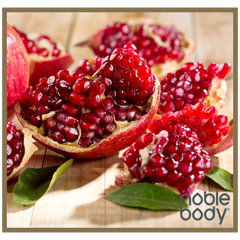
Non-Toxic (OR Safe vs Unsafe Ingredients)
Non-Toxic is a more recent term that arose from consumer fears of harmful ingredients. For many years consumers had a false sense of comfort that these ingredients must be safe, but this has proven to be far from true.
Toxic and non-toxic are not yet legally-defined in the realm of cosmetics, so it’s still used as more of a marketing term and there’s considerable debate about whether certain ingredients are harmful to people or not.
A claim that a product or ingredients are “non-toxic” is usually a claim that ingredients linked to harmful effects in humans are not in the product. There are many ingredient studies now and these harmful effects on people can include:
- neuro-toxic responses
- hormone disruption
- forms of cancer
- severe allergic reactions
- skin rashes and discomfort
- and in the worst cases, even death
Here’s a recent blog I did on some of the worst cosmetic “toxic” offenders:
They can be confusing, but the ability to understand an ingredient list on a label is a valuable skillset. At least to be able to pick out the worst ingredient offenders like parabens and phthalates and avoid products that contain them.
Other Relevant Certifications
Besides the governmental USDA Organic, there are other independent organizations that issue certifications to companies and products that meet certain standards and provide more information and protection to consumers.
Here are a couple:
ECOCERT: Created the first standard for natural and organic cosmetics (which was soon followed by the international COSMOS standard below.)
https://www.ecocert.com/en-US/business-sectors/cosmetics
COSMOS certification: COSMOS offers two certifications for beauty and skincare products, COSMOS ORGANIC and COSMOS NATURAL. See more here:
https://www.cosmos-standard.org/en/certification/
Wrapping it up…
Once we break it down, it’s not as complicated as it seems. For cosmetics consumers that want only clean, natural, and organic products, these issues are critical to understand what you’re putting on your skin and hair.
So to summarize: Understand what the terms mean and then determine from a full ingredient list if the producer is being honest about its natural or organic claims. Honest companies with integrity are in short supply in any industry, but they ARE out there.
These issues are important to me. I founded Noble Body because natural, clean, and non-toxic products were rare at that time. Now they are more common, but there’s still much deception in the industry.
My prime directive with Noble Body is to produce healthy and natural skin and hair care products using only the finest ingredients that I select. I will not deviate from this promise as long as I’m running the show. I'm not done yet...
Check out my creations (so far…) right here: https://noble-body.com/
****************************************
Regards and many thanks for reading.
Peace, good health, and Love to everyone.
Johnny Noble, August 2023
support@noble-body.com
©Noble Body LLC 2023
